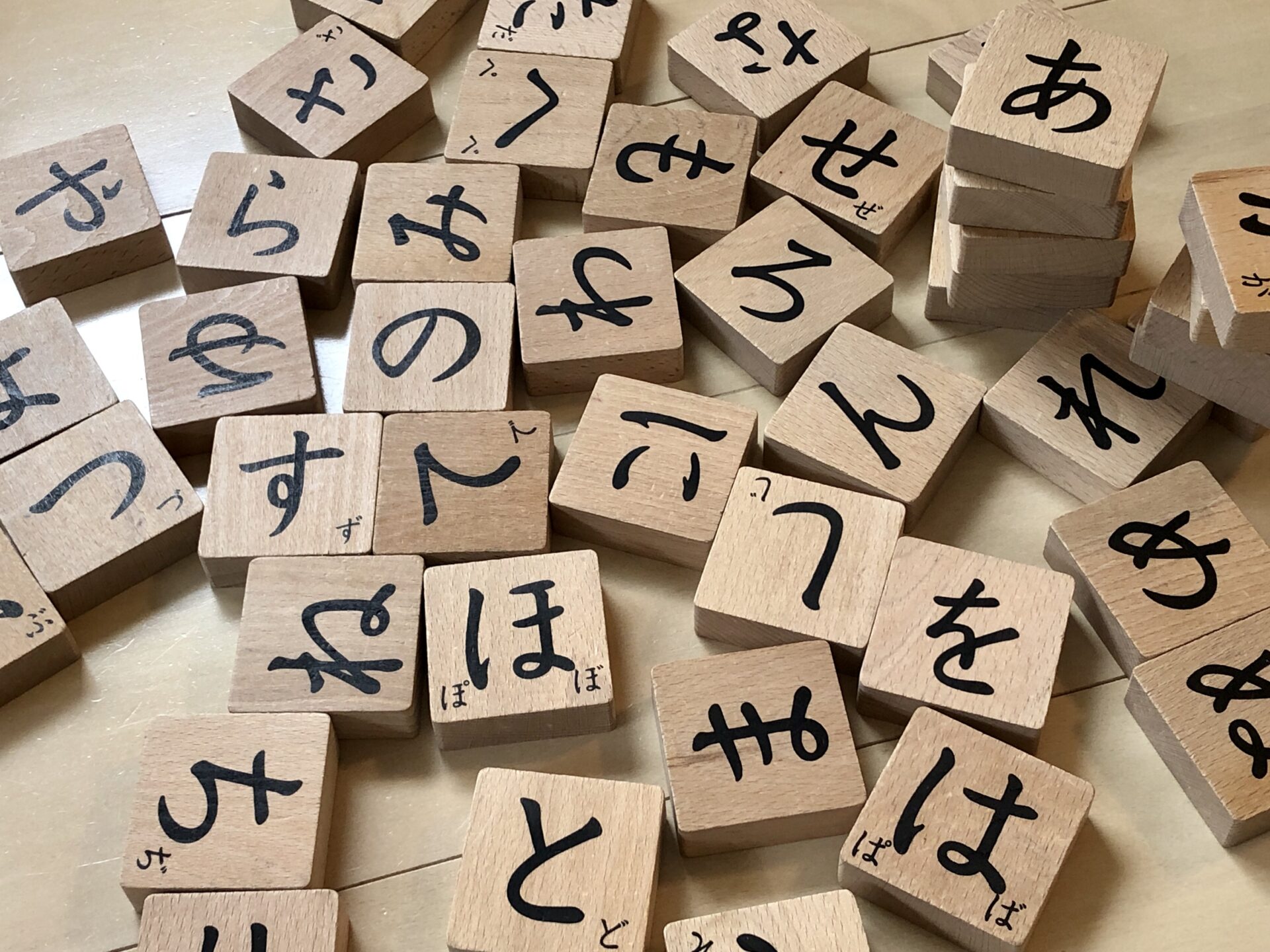The pursuit of learning a new language can often be a fascinating journey, and if that language is Japanese, the excitement gets doubled. Japanese, originating from the Japonic family of languages, offers insights into its rich culture and heritage. It is a unique learning experience which not only adds a new skill set but also enhances cognitive abilities.
Starting with Japanese may initially seem intimidating because of its intricate symbol systems, namely Hiragana, Katakana, and Kanji. However, with consistent effort and the right resources, mastering these scripts can be an achievable feat. Hiragana and Katakana are phonetic scripts used for native words and foreign words, respectively. Then comes Kanji, characters borrowed from Chinese, used for both native and Sino-Japanese words. Understanding these three Japanese scripts is a pivotal part of learning the language effectively.

The next vital aspect is the grammar structure, which differs significantly from English. It follows a Subject-Object-Verb order and uses particles – a concept not present in the English language. For instance, “I went to Tokyo” translates to “Watashi wa Tokyo ni ikimashita.” Here, ‘wa’ shows the subject, and ‘ni’ shows the direction. Mastering the usage of these particles is the key to becoming fluent in Japanese.
Japanese pronunciation is comparatively easier, as it follows a rigid syllable structure with few exceptions. It has five singular vowel sounds and consonant-vowel combinations. Pitch accents, the relative high or low values of voice pitch that can alter word meanings, could be a tricky area. Practicing with native speakers can significantly help in achieving a natural and precise pronunciation.
japanese online school vocabulary can require good memorization skills, but everyday practice can boost your progress. Tools such as flashcards, language apps, or immersion programs can assist greatly in enhancing vocabulary. Contextual learning of words can alleviate the process.
Integrating these steps with dedication and practice is pivotal to learning the Japanese language. Some additional strategies include indulging in cultural activities such as watching Japanese anime, reading manga, listening to their music, or even trying out their cuisine to gain insights into colloquial expressions. Remember, the journey of learning Japanese, though challenging, rewards tenfold. It gives a deeper understanding and appreciation for the beautiful culture of Japan.
